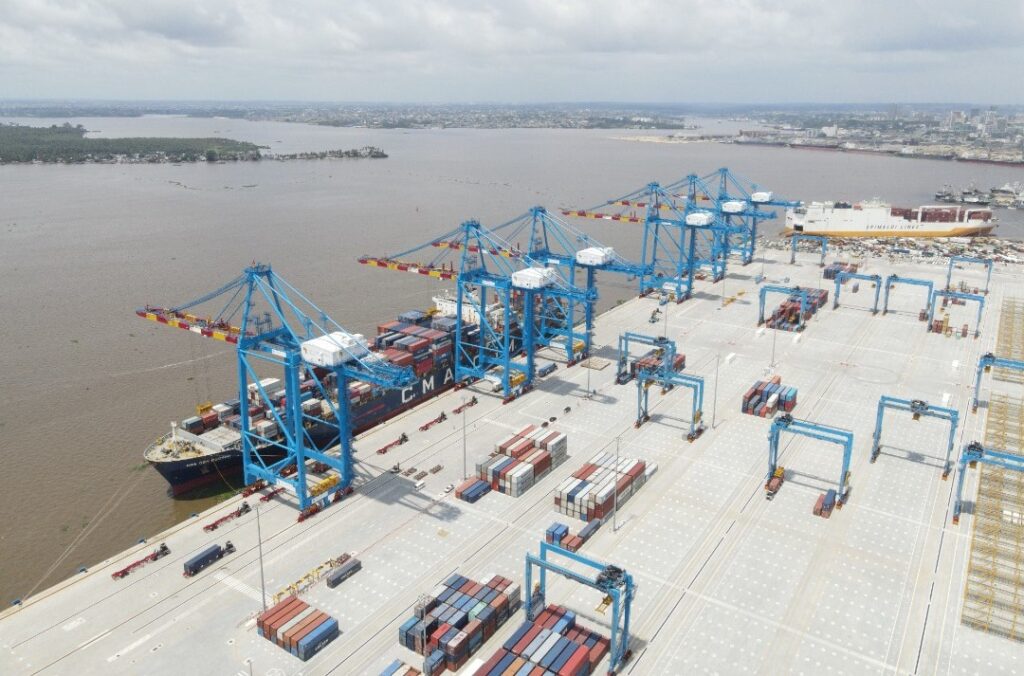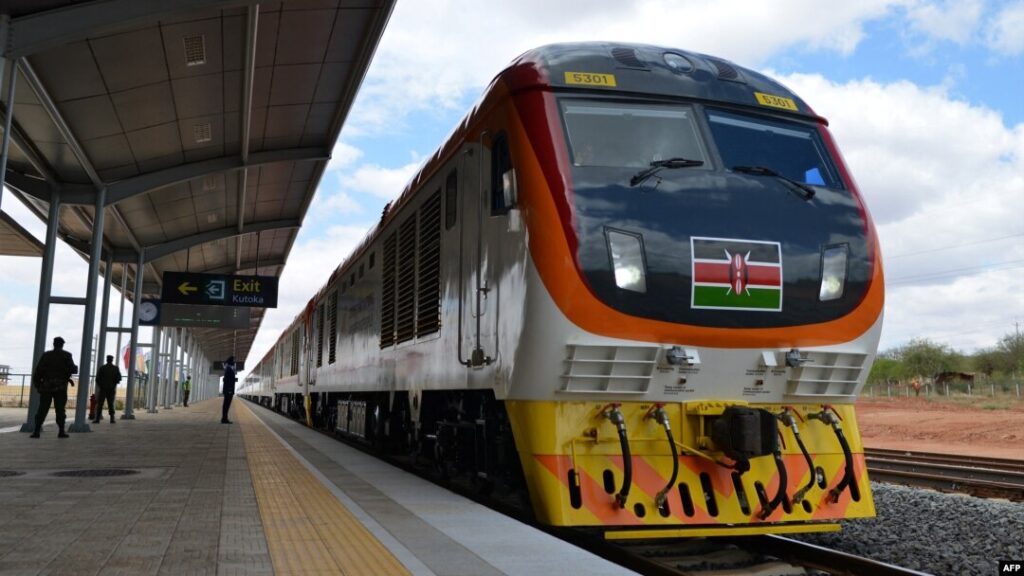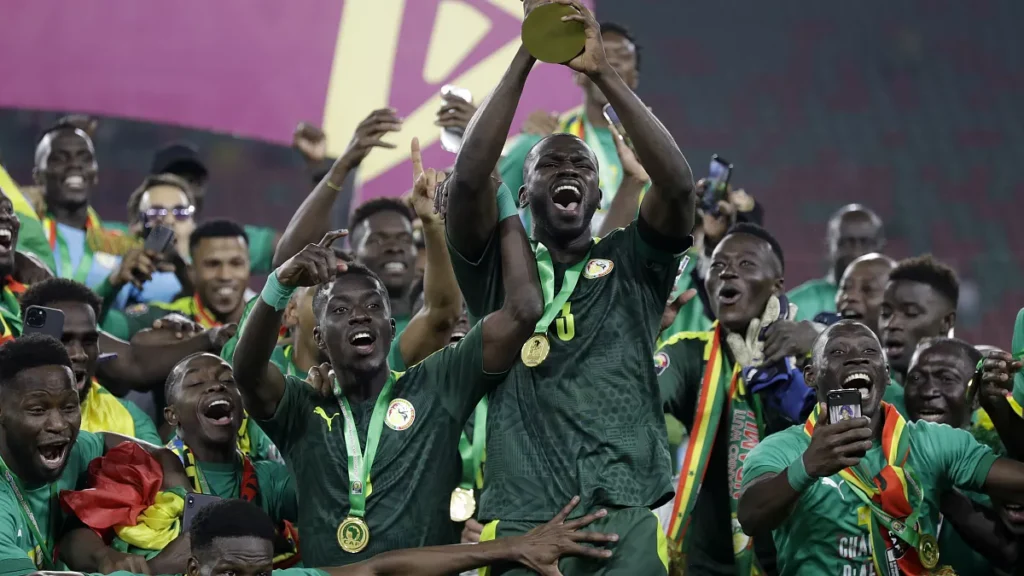In January 2024, Côte d’Ivoire officially opened its borders to sports fans to visit and participate in the 2023 African Cup of Nations (AFCON) tournament.
In Abidjan, the Alassane Ouattara Stadium stood out as a modern edifice for visiting and local soccer fans.
With its 60,000 seating capacity, the stadium was a centerpiece for the French-speaking nation, hosting both the opening and final matches of the tournament.
Behind the scenes, the new stadium’s architects, who had built three other brand-new arenas, stood to gain the most.
For years, China has been pushing its influence in several African countries, offering its construction and financial expertise to its partners.
In Côte d’Ivoire, the Asian superpower provided significant financing backing as part of a $1 billion infrastructure push that helped Côte d’Ivoire showcase AFCON as a world-class tournament.
According to reports, China’s International Development Cooperation Agency contributed $40.6 million to the Alassane Ouattara Stadium, while the Industrial and Commercial Bank of China and other Chinese entities funded the additional venues.
For Côte d’Ivoire, it acquired state-of-the-art facilities at a fraction of the cost.
But for China, this was a long-term play for more access to resources and to deepen economic and diplomatic ties.
A Playbook of Influence
China’s stadium-building strategy is not new.
Across Africa, from Angola to Zambia, Beijing has funded sports facilities as part of its global infrastructure campaign aimed at fostering trade and diplomatic ties.
In 2021, China assisted in financing the expansion of Côte d’Ivoire’s port in Abidjan through China’s Export-Import Bank (EXIM Bank).

Construction of the country’s new stadiums was paired with projects like a $114 million motorway linking Abidjan to Grand-Bassam, also funded by China’s EXIM Bank.
The deals have paid off with Cote d’Ivoire’s exports to China surging from $100 million in 2016 to $700 million by 2020 after construction began on the Alassane Ouattara Stadium.
Although China helped subsidize the construction of Côte d’Ivoire’s new stadiums, some skeptics fear long-term consequences.
“What you typically tend to find is that in conjunction with the agreement to construct this infrastructure is strategic partnership“, said Simon Chadwich, a researcher who shared his thoughts on sports diplomacy on an economics podcast called Freakonomics.
“Strategic trade agreements, whereby China gets preferential access to the raw materials that these countries have. It’s oil and gas, but it’s also things like lithium, cobalt, manganese, copper.“
The deals for the stadiums haven’t been made official to the public, which raises red flags for some critics who worry that these “free” stadiums might be tied to concessional loans.
Debt Trap or Economic Boost?
Critics have also warned about China’s “predatory” lending, which has led to ballooning debt for some African countries.
In 2017, Angola’s debt to China had reached a staggering $21.5 billion, half of the country’s external debts.
It’s been reported that East African countries borrowed over $29 billion for projects, with Kenya, Djibouti, and Uganda issuing warnings about ballooning debt.

But there have been some economic boosts.
Due to the construction of the new stadiums, it was reported that 1,500 Ivorian workers were employed, creating an estimated 1,000 local jobs and training about 100 professional stadium operators.
A 2020 study found that stadium constructions in Côte d’Ivoire increased local nighttime light intensity by 24%, indicating economic activity growth around stadium sites.
Yet, skeptics warn of a darker side. The influx of Chinese investment often prioritizes Beijing’s strategic interests, such as securing natural resources or diplomatic support on issues like Taiwan.
Long Term Effects

The 2023 AFCON tournament was largely a success, with the host nation beating Nigeria by 2-1 in the final to win the trophy.
For the Ivorian government, its new stadiums can be seen as a symbol of progress, proof that Côte d’Ivoire can compete on a world stage.
But the biggest winners were the Chinese, who increased their soft power on the continent as well as boosted economic ties.
With the US pulling back on aid to African countries with the shutdown of USAID, as well as recent US visa restrictions, there are more opportunities for China to dig further into the continent with its diplomacy.
Initiatives like the construction of sports stadiums and other sports projects could be a way for the Asian superpower to further spread its influence.





